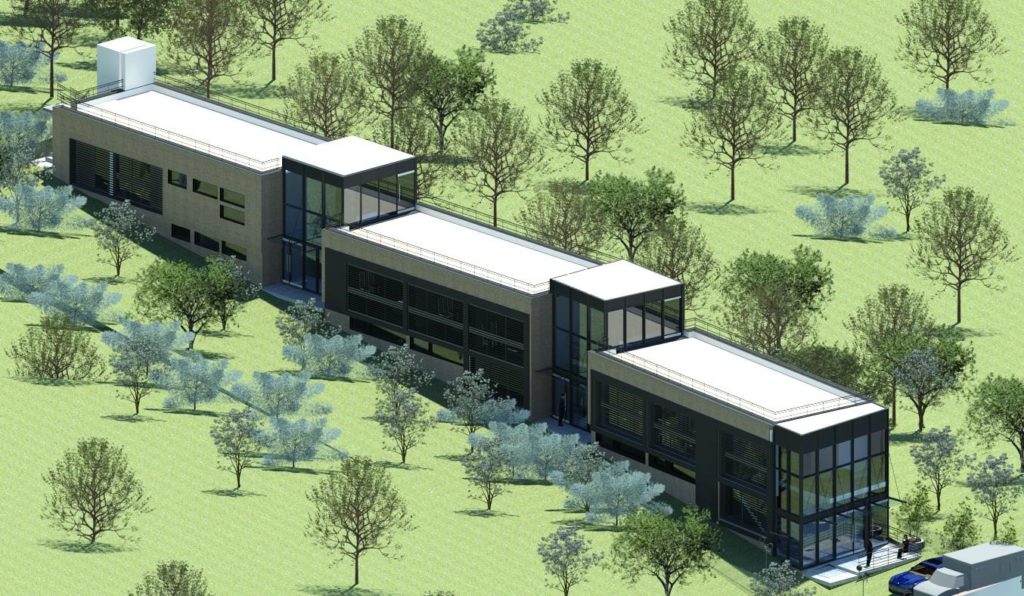
Babeş-Bolyai University of Cluj-Napoca (UBB) will implement the project “Development of the ACTRIS-UBB infrastructure to contribute to the Pan-European research on the composition of the atmosphere and climate change”, co-funded by the Operational Programme Competitiveness for the period 2014-2020. The project was ranked first in the competition, its total value amounting to 22,264,758.58 lei.
The overall objective of the project is to produce a world-class infrastructure for the Earth’s atmospheric observation and characterization by advanced remote sensing methods in order to meet the integrated national facility criteria of the ACTRIS-RI Pan-European research infrastructure and a major objective for the observation from the ground segment of the European Spatial Agency (ESA) Earth Observation Programme. The resulting infrastructure will include ground observation facilities, associated laboratories and data centres that will contribute significantly to Earth observation activities.
The dean of the Faculty of Environmental Science and Engineering at UBB and director of the ACTRIS component of the InfoBioNano4Health Platform, Nicolae Ajtai, has explained that “the main outcome of the project is the building of new research laboratories within Cluj Atmospheric Remote Sensing Observatory (CARO – see pictures below ). The Observatory will be equipped with equipment for continuous and long-term observations of aerosols and cloud properties and will be an active participant in the ACTRIS European environmental research infrastructure. The new laboratories will be equipped with aerosol and cloud research equipment by remote sensing and in-situ methods (solar and lunar photometer; microwave radiometer that measures humidity and temperature profiles; LiDAR system; wind Doppler; cellometer; cloud radar, particle size distribution analyzer (APS), spectrometer for the continuous monitoring of chemical aerosol particles (ACSM)). For the monitoring of relevant atmospheric gases, as well as for the sampling required for the in-situ instruments, a mobile laboratory equipped with LiDAR aerosol system and weather station will be purchased. The instruments will be connected to a new Data Centre (CARO DC) which will be equipped with high-performance IT systems (application server, data storage systems)”.
The UBB rector, professor Daniel David, PhD has noted that “in an increasingly globalized and/or interactionist world, Romania needs competitive advantages (poles of excellence/competitiveness), to avoid its turning into a scientific, technological, or cultural ‘colony’. In order to develop its competitiveness at international level, Romania must create prestige-enhancing academic structures, with an already confirmed international visibility and impact, integrated with the (national and international) socio-economic environment. Such an example is the “Măgurele Laser” project. UBB is the largest academic community in the country, and according to the international rankings of universities it is an international university with an innovative contribution to knowledge. Prompted by these demands and prerequisites, UBB has recently initiated the InfoBioNano4Health Platform, as an academic pole with a Pan-European scope, with a positive impact on the competitiveness of Cluj/Transylvania, our country, and the EU. The UBB-ACTRIS project, which, in order to include the new research infrastructure, also requires the new buildings featured in the pictures below, is part of this approach, with implications for the health of the environment and of the population. I am looking forward for more and more faculties/academic groups of excellence at UBB to submit such large-scale projects as part of the InfoBioNano4Health Platform.”


